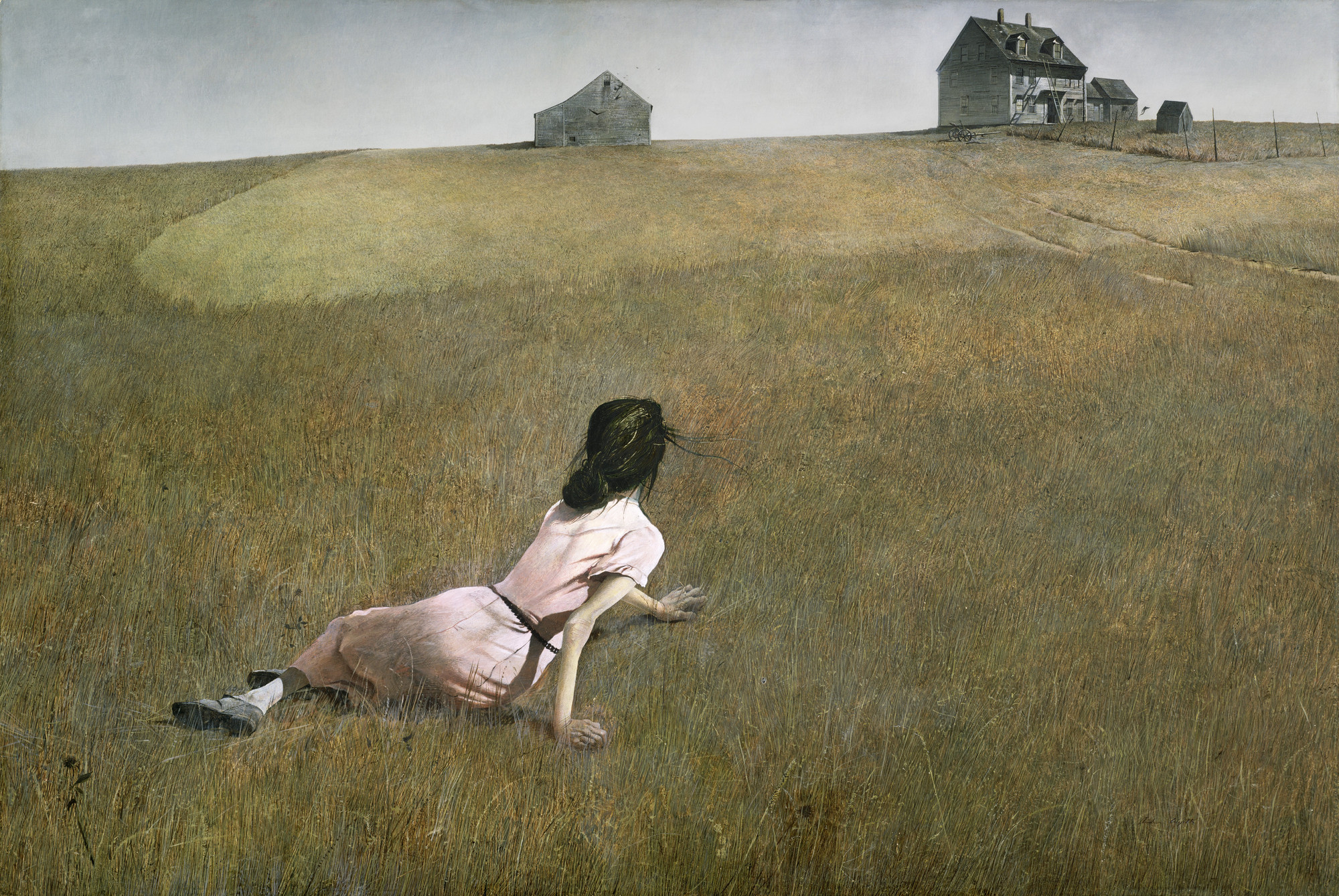raniE
Big Bearded Guy
- Joined
- Feb 10, 2019
- Messages
- 1,988
- Reaction score
- 4,304
I'm involved in rpg discussions in other places as well. In one of those places, a Facebook group for Swedish rpg players, a discussion about games and nostalgia recently came up. I went into the discussion questioning why old games, games based on older designs and games using older style systems are often derided simply for being old. This seldom happens in other art fields I noted. No one has ever told me that old movies are bad or old music is bad simply for being old. I've often had people deride games simply for being older, even in direct conversation with people off the internet. To me, this doesn't make any sense, but to them, it is as obvious as saying that a new car is obviously better than an old car. And then I saw the difference in perspectives, something that had never really occurred to me before. I see games as art. They see games as technology.
Art can't really become obsolete, nor can new art really supplant old art. Any given piece of art can be more competently executed than another, but ultimately individual taste is the arbiter of what is good and not, and even when any "objective" standards are brought to bear, they are not related to whether the art is old or new. Technology however can be improved. A given piece of equipment can simply be objectively better at its function than another, and often (but not even close to always) technological advancements will ensure that a newer tool is in fact better than an older one.
Maybe this perspective is only new to me and everyone else already understood this, but I found it interesting, an maybe some others will too. And maybe the analogy will even help in discussions of games, to help clear up misunderstandings between people who view the games from fundamentally different viewpoints?
How about you? Do you see games, especially rpgs, as art, or technology, or something else entirely? Do you have any other insights to share? Or do you think my analysis is fundamentally flawed?
Art can't really become obsolete, nor can new art really supplant old art. Any given piece of art can be more competently executed than another, but ultimately individual taste is the arbiter of what is good and not, and even when any "objective" standards are brought to bear, they are not related to whether the art is old or new. Technology however can be improved. A given piece of equipment can simply be objectively better at its function than another, and often (but not even close to always) technological advancements will ensure that a newer tool is in fact better than an older one.
Maybe this perspective is only new to me and everyone else already understood this, but I found it interesting, an maybe some others will too. And maybe the analogy will even help in discussions of games, to help clear up misunderstandings between people who view the games from fundamentally different viewpoints?
How about you? Do you see games, especially rpgs, as art, or technology, or something else entirely? Do you have any other insights to share? Or do you think my analysis is fundamentally flawed?





 ! YMMV, that just happens to coincide with my opinion.
! YMMV, that just happens to coincide with my opinion. .
. !
! ), magic as technology (D&D/PF), magic as chaos (Warhammer, Elric, UA, All for One....wait, why are so many of my favourites here?), or magic as a game for the educated classes (Flashing Blades, where magic falls under the same heading as other uses of legerdemain)
), magic as technology (D&D/PF), magic as chaos (Warhammer, Elric, UA, All for One....wait, why are so many of my favourites here?), or magic as a game for the educated classes (Flashing Blades, where magic falls under the same heading as other uses of legerdemain) ?
?